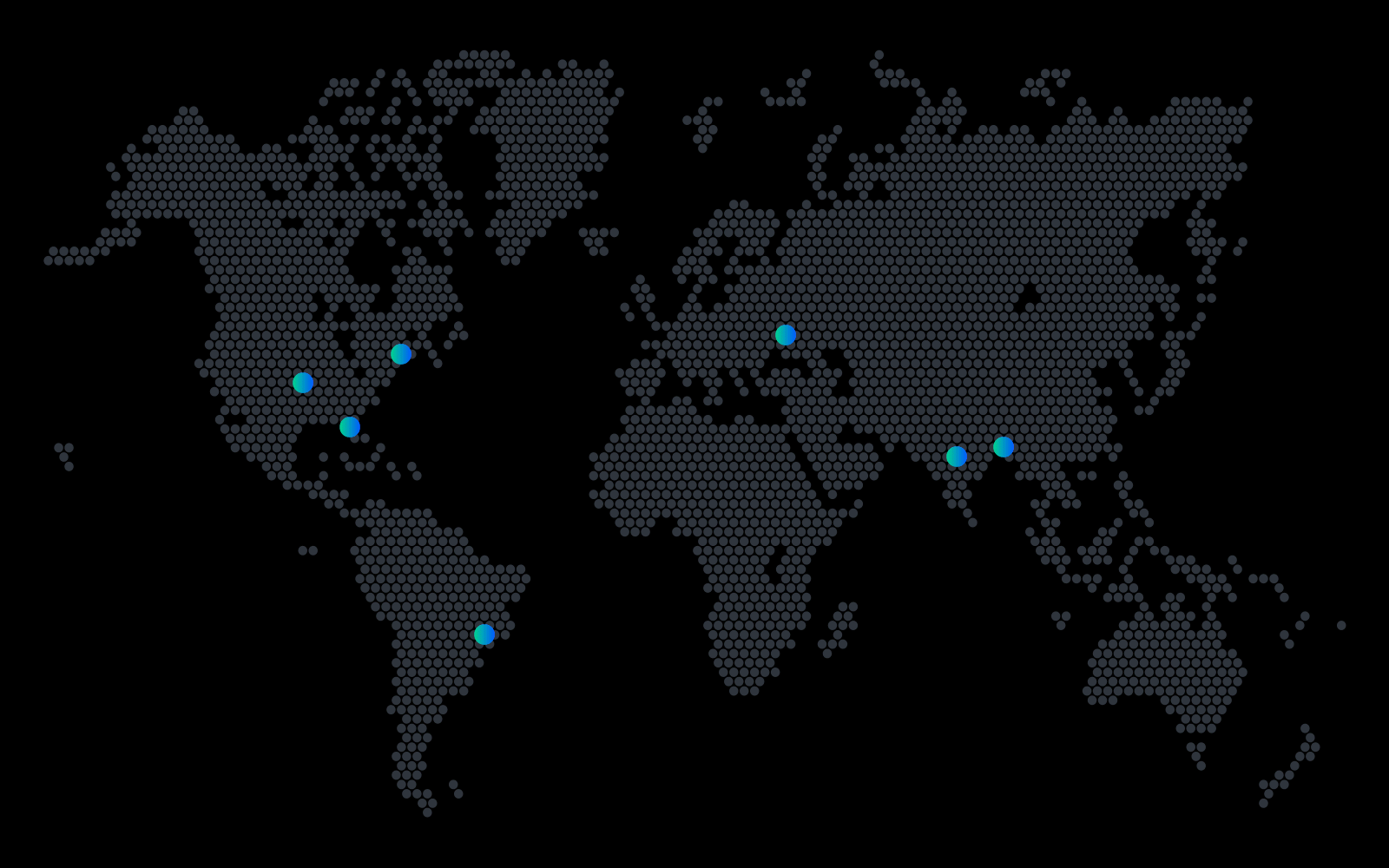
Blockchain Solutions
Increase the speed and security of your business workflows with Thareja blockchain solutions.
Section Navigation
- Dedicated Resource
- Growth Agency Membership
- Employer of Record
Global Wizards
Starting at $2,995/monthHire Elite Tech / Marketing talent from USA or India
-
Top Global Talent
-
Employee Payroll & Tax management
-
Save 70% Labor Cost
-
IC compliance and secure IP
-
Time tracking & Proof of Work (Thareja AI)
Flexible Full Stack
Starting at $4,995/monthAccess to 130+ Talented Creative & Technology Specialists
-
Top Global Talent
-
Employee Payroll & Tax management
-
Save 70% Labor Cost
-
IC compliance and secure IP
-
Time tracking & Proof of Work (Thareja AI)
Global Operations
Our mission is to empower professionals to thrive and deliver exceptional work—anytime, anywhere.

4.9 Stars
Google Reviews
Everything we do, we do it for our users. We care about product quality, attention to detail, and making a positive impact on as many people as we can.
600K+
Downloads
Hundreds of thousands of users around the world downloaded our 9+ apps.

